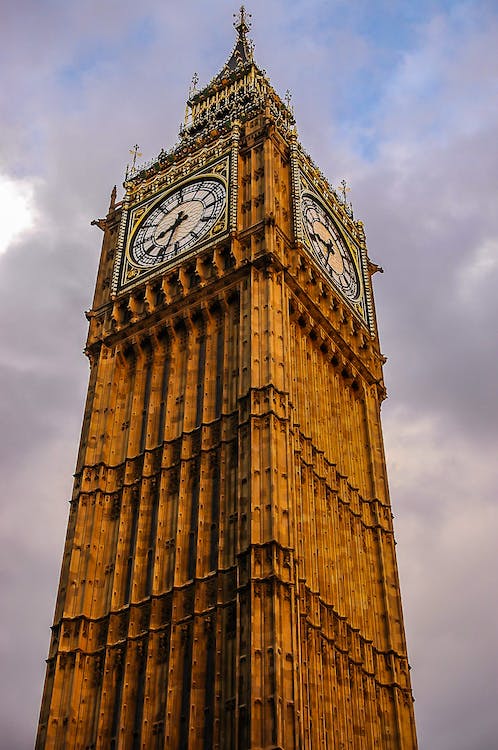According to Treasury sources, Hunt is unlikely to have much more headroom than the £9 billion he had at the November fall statement, which was one of the narrowest margins in history, against his fiscal constraints.
The tax load is already the largest it has been since the Second World War, so the government is hesitant to increase taxes to pay for handouts. Resolution said there are requests for the government to:
-
boost public sector salaries,
-
maintain fuel duty at a cost of around £5 billion,
-
discourage early retirement to increase employment participation,
-
and encourage people into work while supporting those who are unwell.
Hunt will need to come up with £5 billion to increase pay by 2% this year in order to end public sector strikes, according to Resolution. The Unite union canceled the statewide ambulance strikes it had scheduled for March 6 and 8 in order to start salary negotiations with the government.
Union members intended to take action at ambulance trusts in the East Midlands, North West, South Central, and South Coastal regions. Unite chief of operations Gail Cartmail stated: "If the meeting doesn’t meet these assurances, strike action will resume."
The planned strikes by driving examiners and Ofsted school inspectors will go forward starting the following week. Mark Serwotka, the general secretary of the Public and Commercial Services union, forewarned Sunak that the strike action will continue to grow, with 133,000 members going on strike on Budget Day, unless a more benevolent offer is provided to public sector employees.
According to a study released recently, the government's anti-strike legislation, which would mandate minimum service levels for employees like nurses and firemen during industrial action, violates their human rights commitments.
The lawmakers-only Joint Committee on Human Rights of Parliament said that the measures to make it simpler to fire striking employees do not seem to be justified and should be rethought.
In an interview with the Press Association, Shadow Chancellor Rachel Reeves charged Sunak's Conservatives of "squandering" the economic potential of the UK and demanded a stop to the administration's "sticking plaster" strategy.














